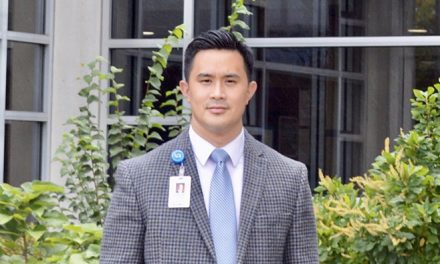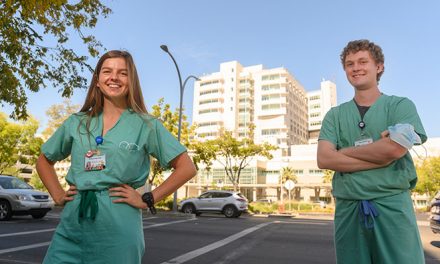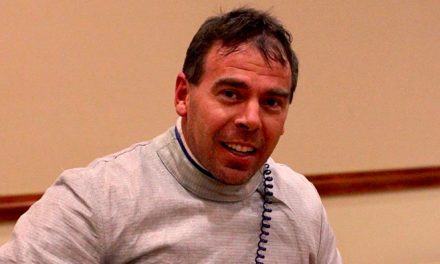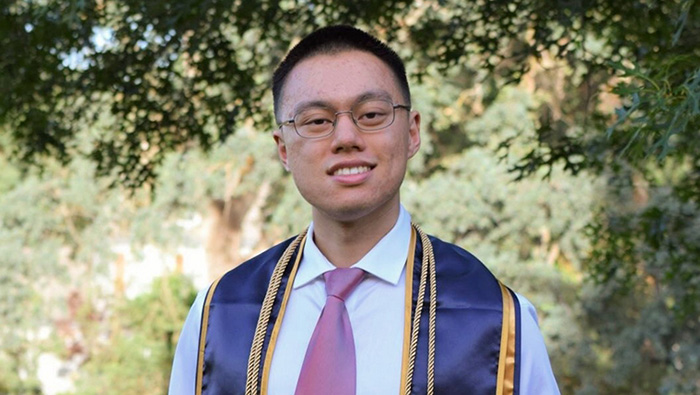
Breathing Easier
Benjamin Wang ’06 created a new remedy for an old problem.
Ventilator-associated bacterial pneumonia is highly common in intensive care unit patients, a commonality only increasing during the ongoing COVID-19 pandemic. The breathing tube of mechanical ventilators aid and regulate a patient’s breathing but can also allow bacteria to enter the lungs, causing infection and pneumonia. Wang, the founder and chief medical officer of NeVap Inc., was determined to change this.
Wang credited UC Davis for his foundation in the sciences. A second-generation alumnus, Wang spent the early years of his life in Solano Park, a campus apartment complex for students with children, while his parents completed their education. “It absolutely contributed to my wanting to go to UC Davis; it was never a question,” he said. “I had the opportunity to explore and study the breadth of the sciences while at UC Davis. It was a lot of fun.”
After UC Davis, Wang attended the University of Miami, where he received his medical degree in 2011. While there he became increasingly aware of the problem of bacterial pneumonia among hospital patients. “I’d see these really nasty cases that you wouldn’t normally see in the community, but were enormously common in the ICU,” he said. “We are putting something terrible inside of patients to keep them alive because we have no other choice. I thought, ‘I need to do something about that.’”
Wang was determined to create a new breathing tube, one that would minimize the potential for infection. In 2014, he founded NeVap, which stands for Never Ventilator-Associated Pneumonia, and developed the Aspire Subglottic Suction Endotracheal Tube (ASSET) to combat this problem. The company won the UC Davis Big Bang! Business Competition in 2014, along with $10,000 from the Graduate School of Management. “That was our big start. We took the prize money and got our first patent. This is really all a result of UC Davis believing in us.”
NeVap’s breathing tube ASSET is fundamentally different for one crucial reason: a tissue blocker. Wang uses a vacuum cleaner analogy to explain it best. “The common breathing tube contains an extra channel used to suck fluid and bacteria out of the lungs. But like a vacuum cleaner without an attachment, the suctioning channel does not move. Instead, it sticks to one part of the lung.” ASSET’s tissue blocker allows suction without the hole becoming blocked. It has been cleared for use by the U.S. Food and Drug Administration.
When the COVID-19 pandemic began earlier this year, Wang said he realized that NeVap’s breathing tubes have the power to save additional lives. Wang noted that many COVID deaths can be attributed to concurrent bacterial pneumonia.
“The tubes have shown to be beneficial in patients. They reduce mortality, time on mechanical ventilation, rates of infection, and amounts of medication used on patients. When this pandemic is over, we have created a breathing tube that can improve the care for over 150 million people globally, every year.”
The ASSET is currently being studied at several medical institutions, including UC San Francisco, University of Southern California and UC Davis.
This year, NeVap is on track to earn 25 times the revenue it did one year ago, according to Wang. “COVID-19 has dramatically increased the rate of pneumonia in hospitals. Right now, about half of all patients in the ICU will develop pneumonia,” explained Wang. “I hope to prevent that from happening.”









